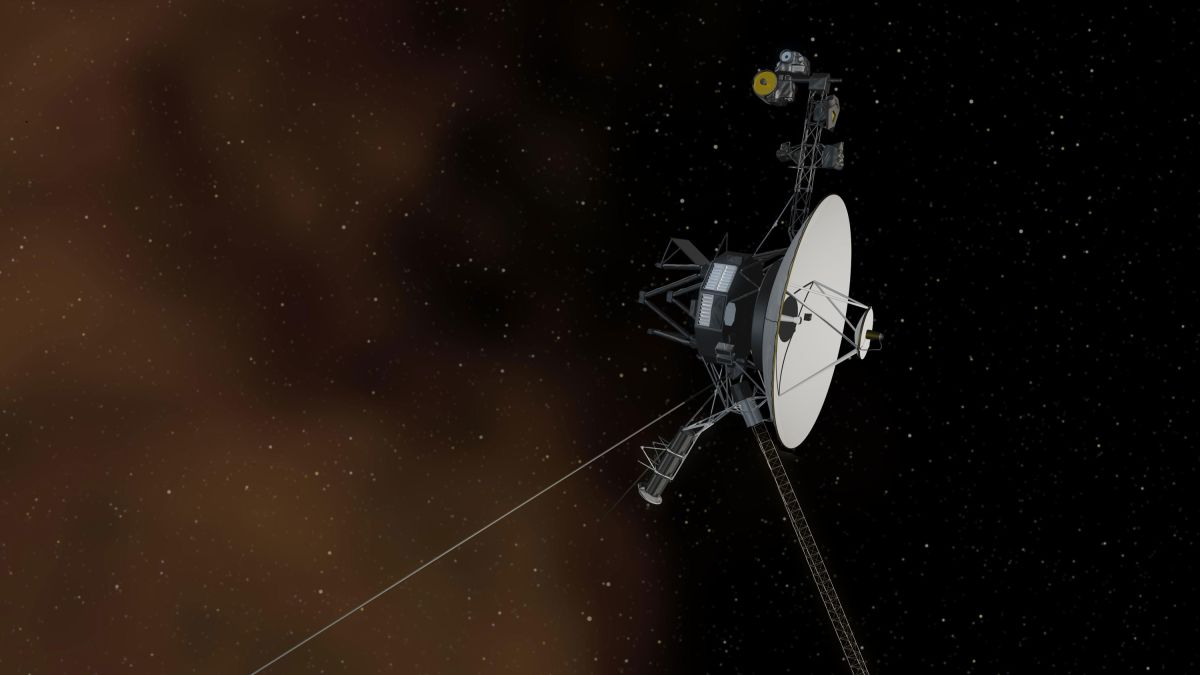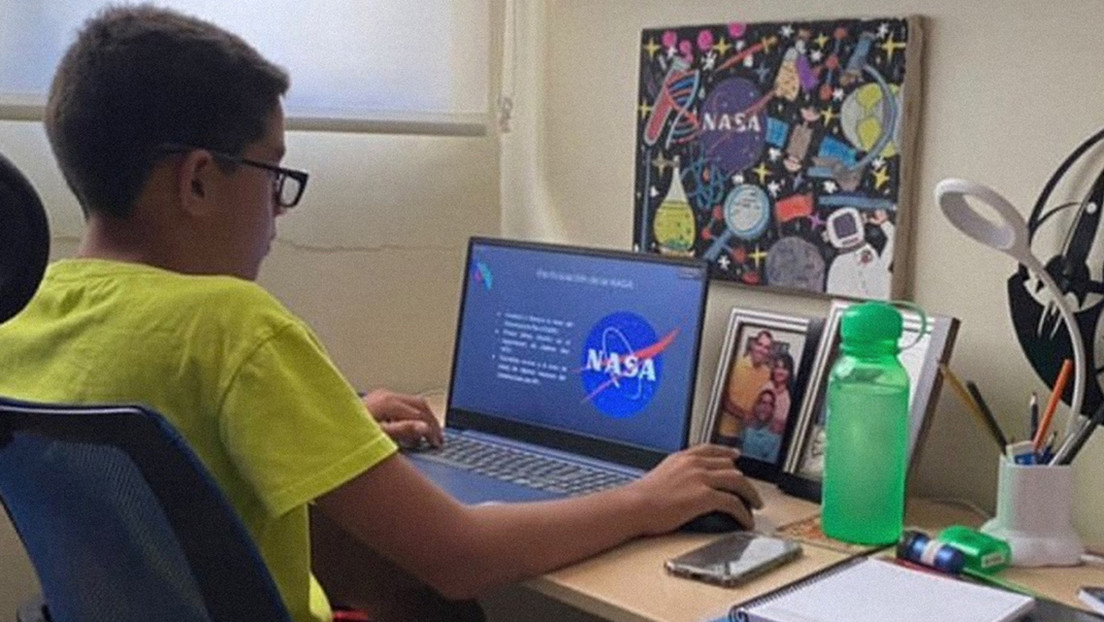(CNN) — NASA’s Voyager 1 spacecraft suffered a computer malfunction that disrupted communications between the 46-year-old spacecraft and the crew on Earth.
As an ancient probe explores an unknown region of space in the far reaches of the solar system, engineers try to solve the problem.
Voyager 1 is currently a space probe 24 billion kilometers from Earth, while its twin, Voyager 2, has moved more than 20 billion kilometers from our planet. Both are located in interstellar space and are the only spacecraft to have traveled beyond the Sun’s magnetic fields and the Solar System, a bubble of particles that stretches beyond Pluto’s orbit.
Initially designed to last five years, the Voyager 2 probes were two of the longest-lived spacecraft in history. With their exceptionally long lifetimes, both spacecraft have provided additional information about our solar system and beyond after achieving their initial goals of flybys by Jupiter, Saturn, Uranus and Neptune decades ago.
But their unexpectedly long journeys were not without difficulties.
Voyager 1 has three onboard computers, including a flight data system, that collects information from the spacecraft’s science instruments and combines it with engineering data that reflects the spacecraft’s current state of health. Mission control on Earth receives that data in binary code, or a sequence of ones and zeros.
However, Voyager 1’s flight data system now appears to be stuck on auto-repeat, reminiscent of the movie.Groundhog Day“.
Long-distance failure
The mission team first discovered the problem on November 14, when the telecommunications section of the flight data system began sending repeated ones and zeros as if caught in a cycle.
Although the spacecraft could still receive and execute commands sent by the crew, the problem with the communications department was that no scientific or engineering data from Voyager 1 was sent back to Earth.
The Voyager team sent commands to the spacecraft over the weekend to restart the flight data system, but no usable data has yet been received, the agency said. Pot.
NASA engineers are trying to gather more information about the root cause of the problem before deciding on the next steps to fix it, according to Gala Cofield, media relations specialist at NASA’s Jet Propulsion Laboratory in Pasadena, California. The process can take weeks.
Voyager 1 last experienced a similar, but not identical, problem with the flight data system in 1981, and the current problem does not appear to be related to other failures the spacecraft has experienced in recent years, he said.
As both Voyager probes undergo new tests, mission team members have only the original manuals that were written decades ago and cannot respond to the challenges the spacecraft will face as it ages.
The Voyager team wants to consider all possible implications before sending additional commands to the spacecraft so that its operations are not unexpectedly affected.
Voyager 1 is so far away that commands from Earth take 22.5 hours to reach the ship. Additionally, the team has to wait 45 hours to get a response.
Keeping the Voyager probes alive
As the aging twin Voyager probes continue to explore the universe, The team closed down little by little These “senior citizens” tools save energy and prolong their work, Said before Voyager program director Suzanne Dodd told CNN.
Along the way, both spacecraft encountered unexpected problems and abandonments, including A A period of seven months Voyager 2 lost contact with Earth in 2020. In August, the mission team used a “Knife” technique To re-establish communications with Voyager 2 after a command inadvertently pointed the spacecraft’s antenna in the wrong direction.
Although the team hopes to restore the regular flow of data sent by Voyager 1, the main value of the mission lies in its longevity, Cofield explained. For example, scientists want to see how particles and magnetic fields change as probes move away from the heliosphere. But if Voyager 1 can’t transmit information, that data set will be incomplete.
The mission team has been creative in recent years with its strategies to expand power supplies to both spacecraft, allowing their record-breaking missions to continue.
“The Voyagers are operating beyond their primary missions and for longer periods of time than any other spacecraft in history,” Cofield said. “So while the engineering team is working hard to keep them alive, we fully expect problems to arise.”





